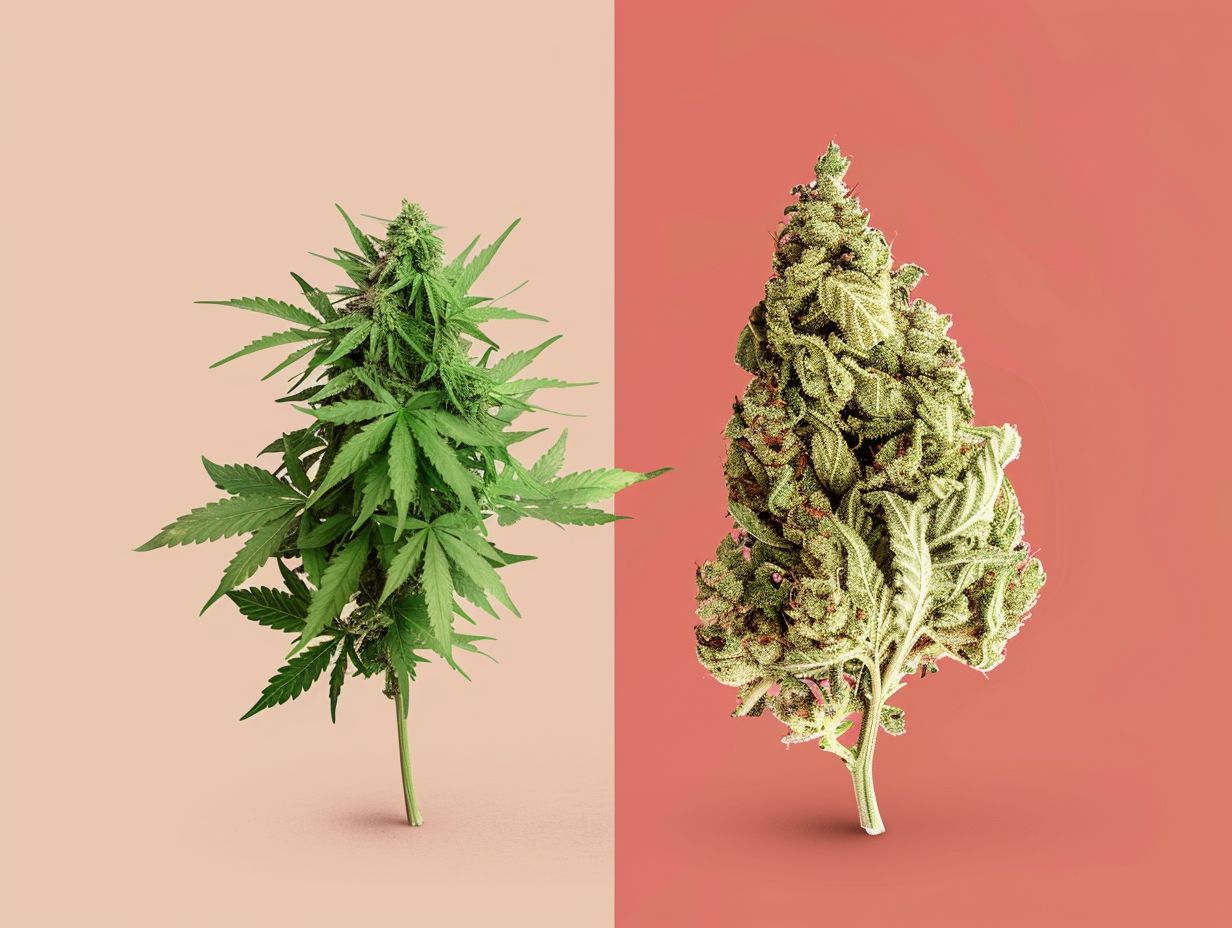
We here at Quiet Monk wanted to take a look at what’s going on in Oregon. After three years of decriminalization, Oregon reinstated laws earlier this year that criminalize personal possession of all drugs. Lawmakers describe it as a necessary response to rising overdoses, homelessness, and crime, particularly in urban areas like Portland.
With recriminalization in effect, possessing even small amounts of drugs can now result in jail time. However, critics view this move as regressive, arguing that instead of reversing decriminalization, Oregon should focus on practical measures to address overdoses and crime.
The Decriminalization Experiment
In November 2020, Oregon made headlines by decriminalizing all drugs for personal use under specific thresholds. Instead of criminal charges, offenders faced fines. The measure passed with nearly 56% of voters in favor, hailed as a landmark step in drug policy reform.
Public opinion was split from the start. Advocates saw it as a long-overdue shift from the War on Drugs, while critics feared it would worsen the opioid epidemic. Over time, public perception of Oregon’s decriminalization experiment has grown increasingly negative.
Since the law’s implementation in 2021, Oregon has faced significant challenges. Homelessness surged, drug addiction rose sharply, and opioid-related deaths skyrocketed from 280 in 2019 to 1,416 in 2023. While crime initially increased, recent data shows it has plateaued or declined slightly. Still, some areas became “open-air markets” for drug sales, fueling concerns about the policy’s impact.
Why Decriminalization Stumbled in Oregon
Oregon’s challenges raise a key question: why did decriminalization succeed in countries like Portugal but falter in Oregon?
Portugal, which decriminalized all drugs in 2001, saw dramatic success. Heroin addiction dropped from 100,000 to 25,000 by 2018, and HIV infections linked to drug use decreased by 90%. Portugal’s approach was comprehensive, pairing decriminalization with robust social services, including addiction centers, public education, and job programs for recovering addicts.
By contrast, Oregon lacked these critical support systems. According to Politico, the state delayed funding new treatment services for 18 months after the law passed and failed to connect drug users with available treatment options. Without these resources, decriminalization alone was insufficient.
Critics argue that Oregon’s three-year experiment was prematurely judged. João Goulão, Portugal’s national drug coordinator, emphasized the need for patience, noting that successful policies require time to produce measurable results.
Beyond the Binary: Decriminalization With Regulation
Decriminalization need not mean unchecked permissiveness. Similar to alcohol, which is legal but regulated, drug use can remain decriminalized while public consumption or dangerous behavior is controlled. This approach would allow Oregon to address issues like public drug use without reverting to punitive measures.
Morgan Godvin, founder of Beats Overdose, highlighted the importance of balance, noting that public drug use in family settings poses legitimate concerns that should be addressed through regulation, not blanket criminalization.
Recriminalization: A Step Backward?
Recriminalizing drugs doesn’t solve the issues of unregulated decriminalization or the broader harms of the War on Drugs. It often leads back to the same cycle of mass incarceration, recidivism, and addiction. Instead, Oregon could focus on enforcing public consumption laws while keeping private drug use decriminalized.
As psychopharmacologist Carl Hart suggests, effective drug policy must include services like drug-checking facilities and address the root social causes of addiction. Oregon’s brief experiment failed not because decriminalization was inherently flawed but because it lacked the structural support needed for success.
Recriminalization risks shutting down important conversations about bodily autonomy and non-interventionist approaches to drug policy. Rather than reversing course, Oregon—and the nation—should explore smarter, more comprehensive ways to address addiction and its societal impacts.
